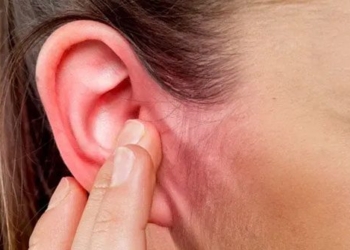Strong blows to the head are known to pose risks to human neurological health.
However, a new study has shed light on important details surrounding the risks of such actions to the skull.

After 10 weeks, the mouse skull increased in volume and thickness.
Experiments conducted on mice show that frequent head impacts lead to a “strong” increase in skull thickness and volume. Scientists are exploring the implications of this condition for the brain’s protection against trauma.
The study was led by scientists at Monash University (Australia). Researchers hypothesized that, in addition to affecting the brain, concussions would also cause changes to the skull.
This viewpoint is predicted based on the understanding that bone is a living tissue and can be shaped by mechanical forces, especially when applied repeatedly. The study was published in the journal Scientific Reports.
To explore this idea, the research team simulated mild traumatic brain injuries in mice using a weight-reducing device. They then collected data on the skull bones for analysis after two weeks and again after the final impact at 10 weeks. The research team used CT scans to image the mouse skulls.
They found that after two weeks, the thickness of the bone increased moderately. However, after 10 weeks, scientists observed an “extensive increase in volume and thickness” of the skull bone near the injury site. This was accompanied by a decrease in the volume of the marrow cavities in a region of the skull known as the skull marrow.
Associate Professor Bridgette Semple – the study’s author, stated that the team is unsure whether these effects are beneficial. However, scientists note that, theoretically, a thicker skull would be stronger. Thus, the altered bone may serve to protect the brain from other impacts.
To further investigate this idea, the research team plans to delve deeper. They aim to explore whether the thickening of the skull can change the impact forces on brain tissue during such injuries.
“This is a puzzling question. As we know, repeated concussions can have negative consequences for the structure and function of the brain. Regardless, concussions are never a good thing,” Associate Professor Semple remarked.




















































